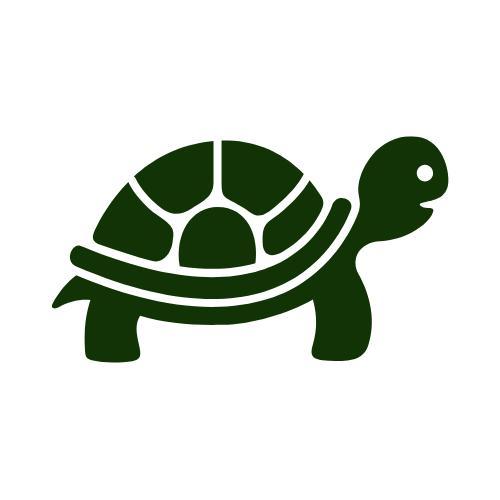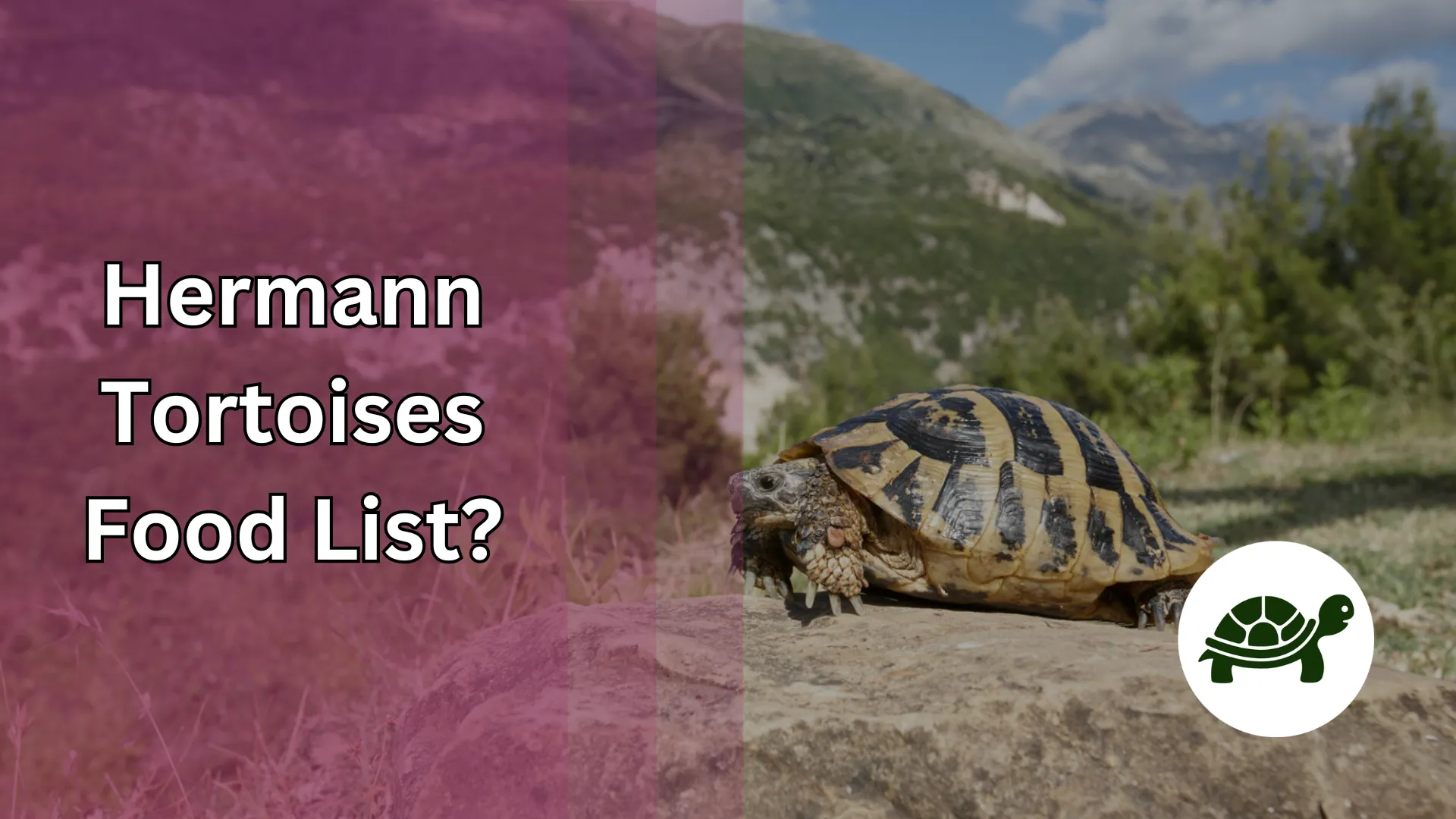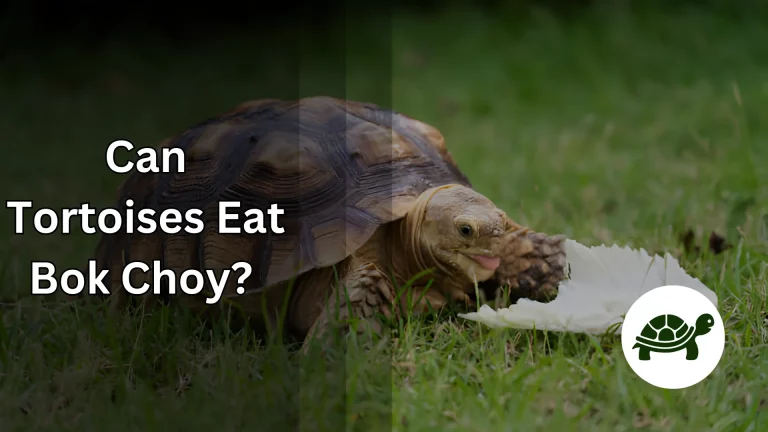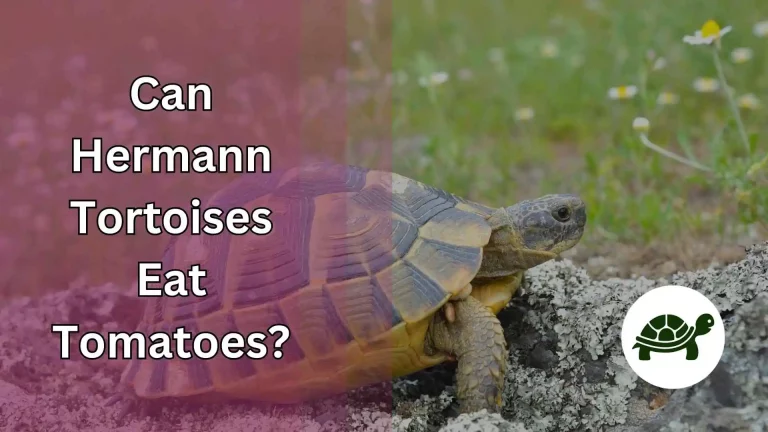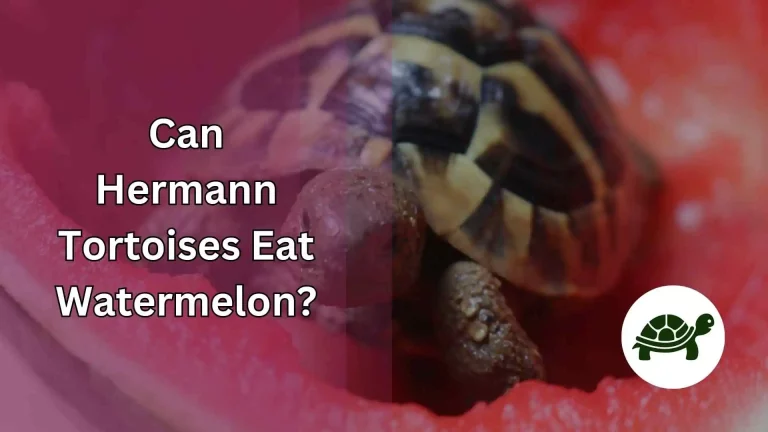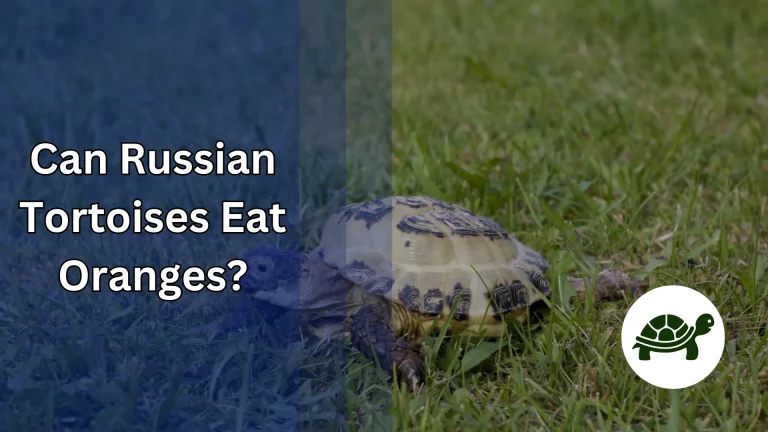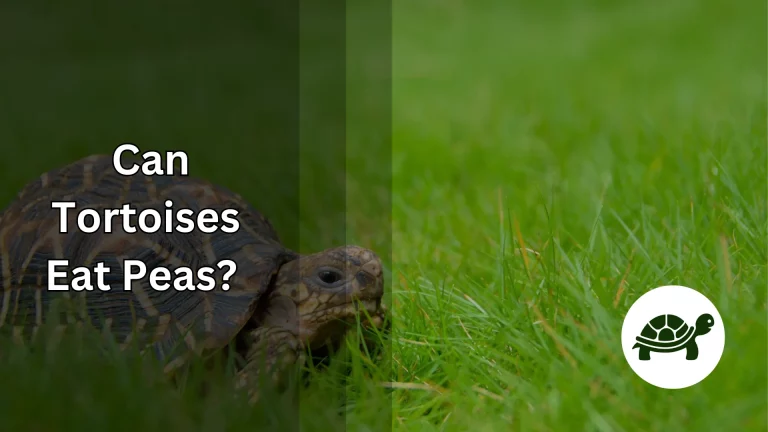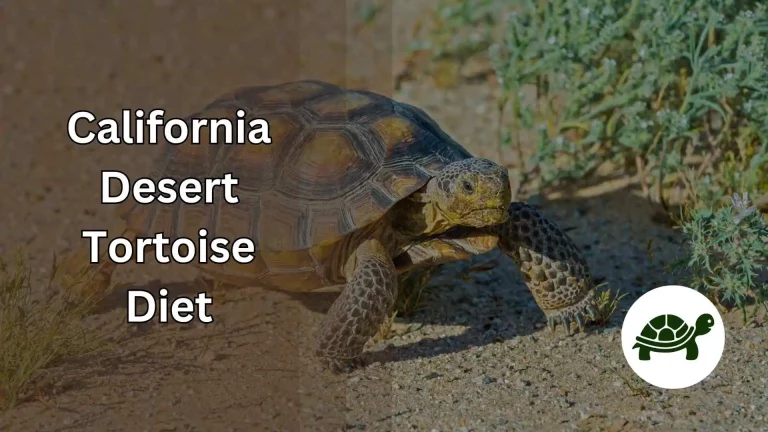Hermann Tortoises Food List – All You Need To Know
Welcome to the fascinating world of Hermann tortoises, a popular choice for reptile enthusiasts due to their unique personalities and manageable size. These charming creatures, originating from the Mediterranean, are known for their distinct shell patterns and gentle demeanor. However, like any pet, they require specific care to thrive, with diet playing a pivotal role in their overall health and longevity. For Hermann tortoise owners, understanding what foods to offer is crucial in ensuring these reptiles lead a happy and healthy life.
The key to a balanced diet for your Hermann tortoise lies in mimicking their natural food sources as closely as possible. In their natural habitat, these tortoises graze on a variety of grasses, plants, and occasional fruits. Therefore, providing a diet that is rich in fiber, low in protein, and has the right mix of vitamins and minerals is essential. This guide will delve into the ideal foods to include in your Hermann tortoise’s diet, helping you create a nutritious and varied menu that caters to their unique dietary needs.
Understanding Hermann Tortoises’ Nutritional Needs
Hermann tortoises aren’t just any pet; they have unique dietary needs that are crucial for their well-being. In the wild, these tortoises enjoy a varied diet primarily composed of leafy greens, with a small portion of fruits and vegetables. This diet is high in fiber and low in fats and proteins, which is exactly what they need to stay healthy. As a Hermann tortoise owner, it’s vital to replicate this balance to prevent health issues.
Fiber is a key component in a Hermann tortoise’s diet. It aids in digestion and keeps their gut health in check. However, that’s not all they need. These tortoises also require a good amount of calcium for strong shell and bone development. But, just like us, they can’t produce all the nutrients they need on their own. They rely on their diet to get the right mix of vitamins and minerals, particularly Vitamin A and D3, which are essential for their vision and bone health, respectively.
Safe Foods for Your Hermann Tortoise
Feeding your Hermann tortoise the right foods is crucial for their health. This list highlights safe and nutritious options that will keep your tortoise both happy and healthy.
Leafy Greens
Start with a variety of leafy greens. These are a must in your tortoise’s diet. Think romaine lettuce, kale, and dandelions. They’re packed with vitamins and are great for hydration. Rotate these greens to provide a range of nutrients.

Vegetables
Next, add some vegetables for extra nutrition. Bell peppers, carrots, and squash are great choices. They’re not only nutritious but also add a burst of color to their meal, making it more appealing. Remember, vegetables should be given in moderation.

Fruits
Fruits are a special treat for Hermann tortoises. Offer fruits like strawberries, apples, and melons sparingly. They love the sweetness, but too much can upset their stomach.
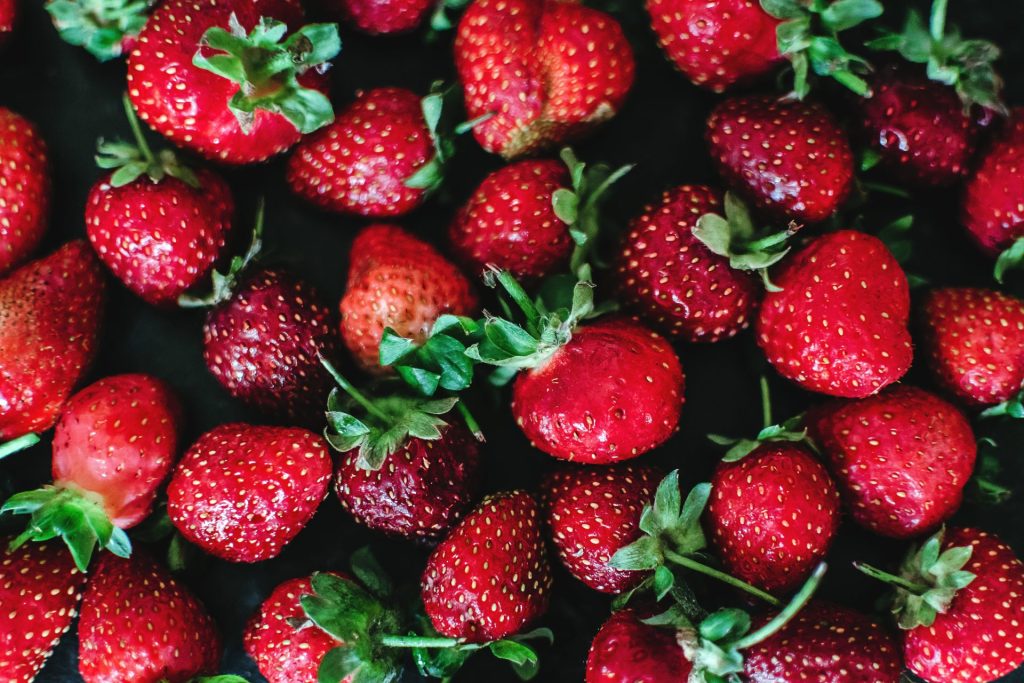
Edible Flowers
Don’t forget about edible flowers like hibiscus and nasturtiums. These are not only safe but also a delightful treat for your tortoise. They provide natural antioxidants and make for a fun snack.

Each of these foods offers something special to your Hermann tortoise’s diet. By mixing and matching them, you can create a varied menu that’s both nutritious and exciting for your pet. Always wash the foods thoroughly and cut them into bite-sized pieces for easy eating.
The Role of Supplements in a Hermann Tortoise’s Diet
Even with the best diet, Hermann tortoises sometimes need a little extra help. This is where supplements play a vital role. They ensure your tortoise gets all the necessary nutrients for a healthy life.
Calcium
First and foremost, calcium supplements are key. They help in developing a strong shell and bones. You can sprinkle calcium powder on their food a few times a week. This is especially important for tortoises that don’t get enough natural sunlight, as sunlight helps them process calcium.
Vitamin D3
Vitamin D3 supplements are also crucial, especially for indoor tortoises. This vitamin helps them absorb and use the calcium they eat. It’s like how we need the sun to get our vitamin D. If your tortoise lives mostly indoors, a vitamin D3 supplement is a must.
Multivitamins
Finally, consider a multivitamin supplement. This ensures your Hermann tortoise gets a balanced mix of vitamins and minerals. But remember, use these sparingly. Too many vitamins can be just as bad as too few.
Supplements should be used thoughtfully and in moderation. They’re not a substitute for a healthy diet but a complement to ensure your Hermann tortoise stays in tip-top shape. Always follow the guidelines for any supplement and consult with a vet if you’re unsure.
Feeding Schedule and Portions
Creating a consistent feeding schedule and understanding portion sizes are key to maintaining the health of your Hermann tortoise. Let’s break down how to do this effectively.
Regular Feeding Schedule
Hermann tortoises thrive on routine. Feeding them at the same time each day helps maintain their natural eating habits. Young tortoises, who are still growing, need to eat a little every day. Adult tortoises, however, do well with a meal every other day. This mimics their natural foraging pattern and helps prevent overfeeding.
Portion Size Matters
Getting the portion size right is just as important as what you feed them. A good rule of thumb is to provide a portion of fresh food that’s roughly the size of their shell. This ensures they’re getting enough to eat without overdoing it. Remember, overfeeding can lead to health problems like obesity.
Adjust as They Grow
Keep in mind that dietary needs change as your tortoise grows. Juvenile tortoises need more frequent feeding and a diet richer in protein to support their growth. Adults, on the other hand, require a diet higher in fiber to maintain health and prevent obesity.
By sticking to a regular feeding schedule and being mindful of portion sizes, you’ll be supporting the health and well-being of your Hermann tortoise. Regular monitoring and adjustments to their diet as they grow and change will help keep your shelled friend happy and healthy for years to come.
Frequently Asked Questions (FAQs) about Hermann Tortoise Care
1. How often should I feed my Hermann tortoise?
Feeding frequency varies with age. Juvenile Hermann tortoises, who are still growing, should be fed daily with a focus on leafy greens and calcium-rich foods. Adult tortoises, however, do best with a meal every other day. This pattern helps prevent overfeeding and mimics their natural eating habits in the wild.
2. Can Hermann tortoises eat meat or dairy products?
Hermann tortoises are primarily herbivores and should not be fed meat or dairy products. Their digestive systems are not designed to process animal proteins and dairy, and feeding them such foods can lead to serious health issues, including shell deformities and liver problems.
3. How much water does a Hermann tortoise need?
While Hermann tortoises get most of their water from their food, they still need access to fresh, clean water. Always have a shallow water dish available in their enclosure. It’s important for hydration and also helps them in their natural behavior of soaking, which aids in hydration and shell health.
4. Do Hermann tortoises need sunlight?
Yes, sunlight is crucial for Hermann tortoises. They require UVB rays for Vitamin D3 synthesis, which is essential for calcium absorption and overall health. If natural sunlight isn’t available, especially for indoor tortoises, UVB lighting should be provided for 10-12 hours a day.
5. What is the ideal temperature for a Hermann tortoise’s habitat?
The ideal temperature for a Hermann tortoise’s habitat should range between 75°F and 85°F (24°C to 29°C) during the day and around 70°F (21°C) at night. They also require a basking spot with temperatures of about 95°F (35°C). Proper temperature gradients are essential for their digestion and overall health.
Conclusion
In summary, caring for a Hermann tortoise is a rewarding experience that comes with the responsibility of providing the right diet and environment. Remember, a balanced diet rich in leafy greens, supplemented with safe fruits, vegetables, and the occasional treat of edible flowers, is key to their health. Regularly incorporating calcium and vitamin supplements ensures they get all the nutrients they need. By adhering to a consistent feeding schedule and monitoring portion sizes, you’ll be contributing greatly to your tortoise’s longevity and well-being.
We hope this guide has been informative and helpful in understanding the dietary needs of your Hermann tortoise. Always keep in mind that each tortoise is unique, and what works for one may not work for another. Observe your pet closely and don’t hesitate to consult with a veterinarian for personalized advice. With proper care and attention, your Hermann tortoise can enjoy a healthy, happy life as a cherished member of your family.
